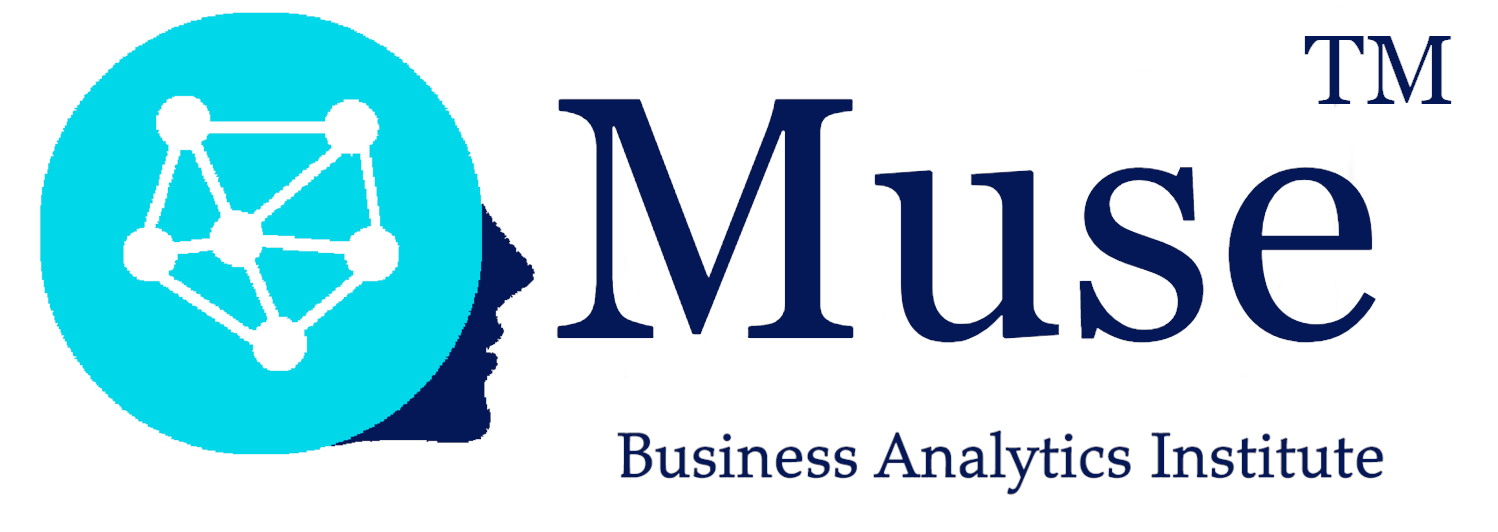Health
Artificial intelligence has the potential to revolutionize healthcare by improving patient prognostics, increasing the efficiency of therapy, and reducing costs of treatment. As we learn in the articles reviewed below,
AI can be used in a variety of applications, including diagnostics, treatment planning, and drug discovery.
AI can be used to analyze medical images and assist with diagnoses, such as identifying cancerous tumors. It can also be used to analyze patient data and predict outcomes, such as the likelihood of a patient developing a certain condition.
In addition, AI can be used to develop personalized treatment plans for patientsand identify potential drug interactions.
However, the authors raise a number of concerns about the impact of AI on the medical profession. One concern is that AI systems may perpetuate biases that are present in the data used to train them.
Additionally, there is the concern that AI may replace human jobs in the healthcare industry, such as radiologists, and that it may lead to a loss of human expertise and judgment.
These concerns will continue to grow as the footprint of AI in healthcare will grow in the coming years as the models continue to improve and more healthcare providers leverage these technologies.

